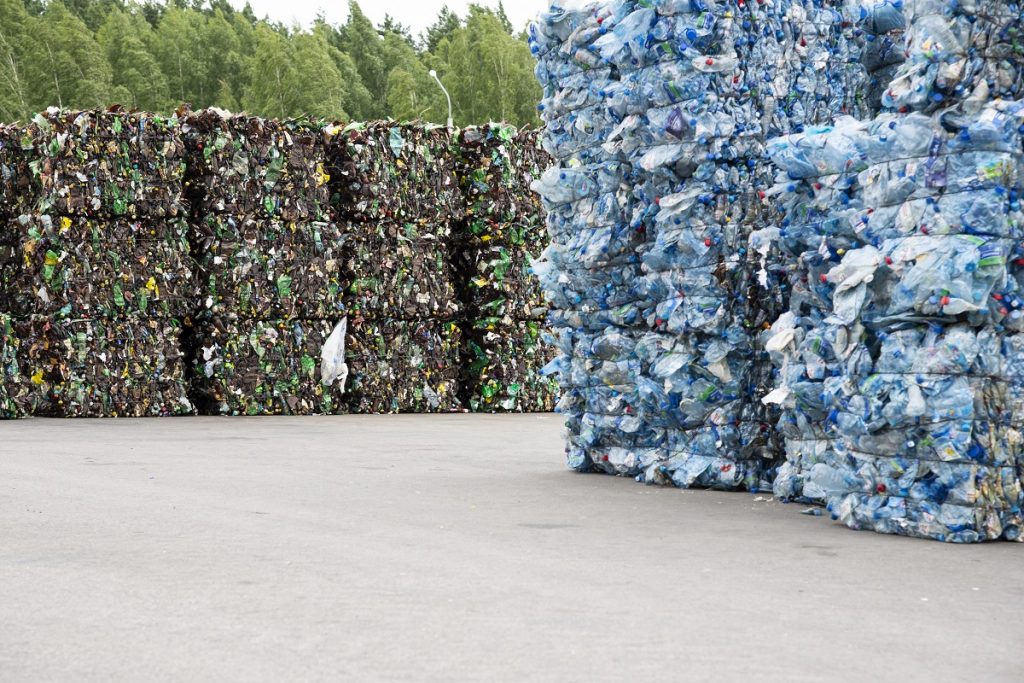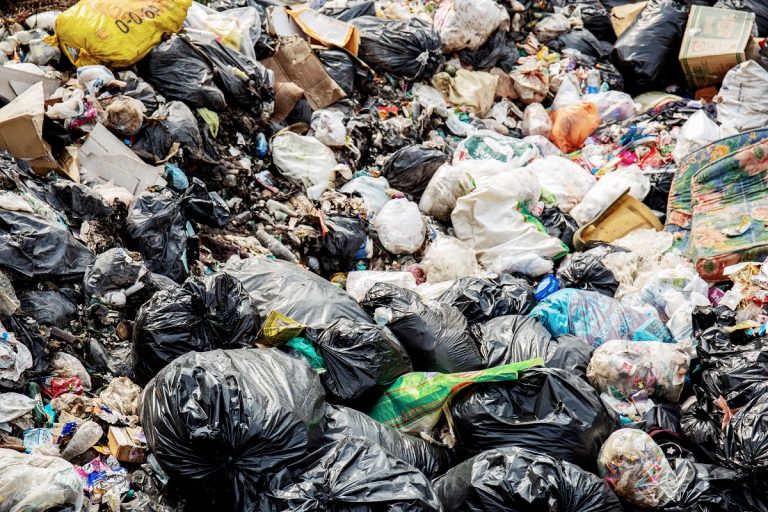Czech waste management policy remains at a standstill; billions of euros of subsidies have brought no change, and landfills still play an important role. Photo credits: Freepik
Czech Republic, June 7 (BD) – The Supreme Audit Office (SAO) audited the Czech Ministry of the Environment (MoE) and the State Environmental Fund (SEF) to assess how subsidies have helped prevent waste generation, encourage proper waste management, and meet other set objectives. The auditors focused on subsidies from the European Operational Programme “Environment 2014-2020” (OP Environment), from which the ministry distributed CZK 9 billion until the end of 2020, as well as CZK 600 million in state subsidies from the National Environment Programme. Despite national and European strategic documents stating that landfilling is the least appropriate method of municipal waste management, it remains the most used method in the Czech Republic. Waste production has not declined, even though this is a priority objective of national waste policy. European subsidies have not helped increase recycling capacity or modernise or build facilities for the energy recovery of other waste.
In 2020, 48% of the Czech Republic’s municipal waste went to landfill; 39% of waste was recovered as material, i.e., reused or recycled, and only 13% of waste was recuperated as energy. However, the Czech Republic’s priorities are going in the opposite direction: waste prevention comes first, followed by reuse and recycling. Energy recovery comes next, followed by landfilling itself. The practice in the Czech Republic is thus opposite to the strategy required, noted the experts from SAO.
This situation was emphasised by the extension of landfill services from 2024 to 2030, and that the landfill fee remained unchanged at CZK 500 per tonne of waste for 12 years. It was only from 2021 that it was increased to CZK 800. However, an exception in the law allows municipalities to landfill a substantial part of their waste at the original rate until 2029. This effectively favours landfilling over other forms of waste management. By comparison, the energy recovery of one tonne of municipal waste cost an average of CZK 1,799 in 2021. The Ministry of the Environment does not envisage a similar price for landfilling until 2028 – just two years before it is completely banned.

The SAO audit also revealed that the production of hazardous waste in the Czech Republic increased by 23% between 2016 and 2020. However, only 7% of hazardous waste sent to landfills was charged an increased, risk-based fee of CZK 4,500 per tonne. This cost the state at least CZK 2.6 billion in these years alone.
The auditors also focused on European subsidies for waste prevention and management. European policies and funding should have reduced landfilling of municipal waste significantly. Instead, the state has failed to increase waste recycling capacity or build or upgrade existing waste-to-energy plants. At the end of 2020, the two monitored indicators were achieved in the range of 1%, therefore it is evident that the Czech Republic will not reach the target values.
The transposition of the EU directives on waste management into the Czech legal system has also proven problematic, as has the implementation of their targets. The Czech Republic was obliged to adopt legislation to restrict the use of single-use plastic products by mid-2021 at the latest. However, no such legislation has been adopted so far. In another case, the Czech Republic should have ensured that the proportion of biodegradable municipal waste going to landfill was reduced. This has also not been achieved by the 2020 deadline.






